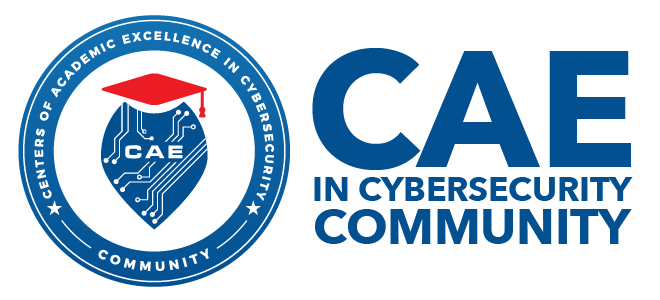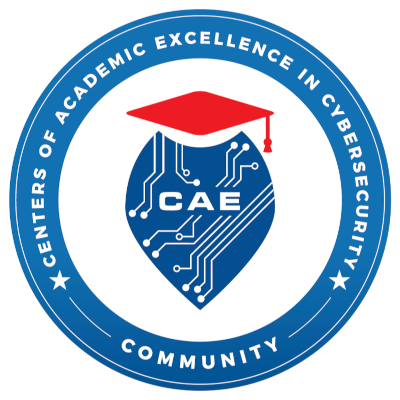Hands-on Learning Experiences for Cyber Threat Hunting Education
Cyber threat hunting has emerged as a critical part of cybersecurity practice. However, there is a severe shortage of cybersecurity professionals with advanced analysis skills for cyber threat hunting.

